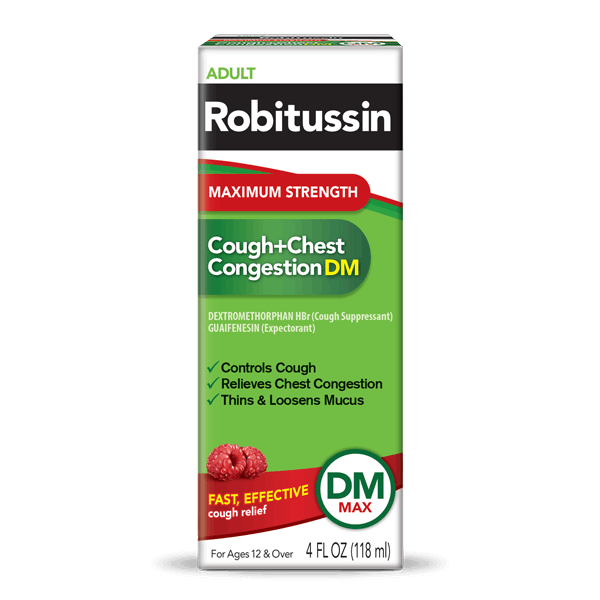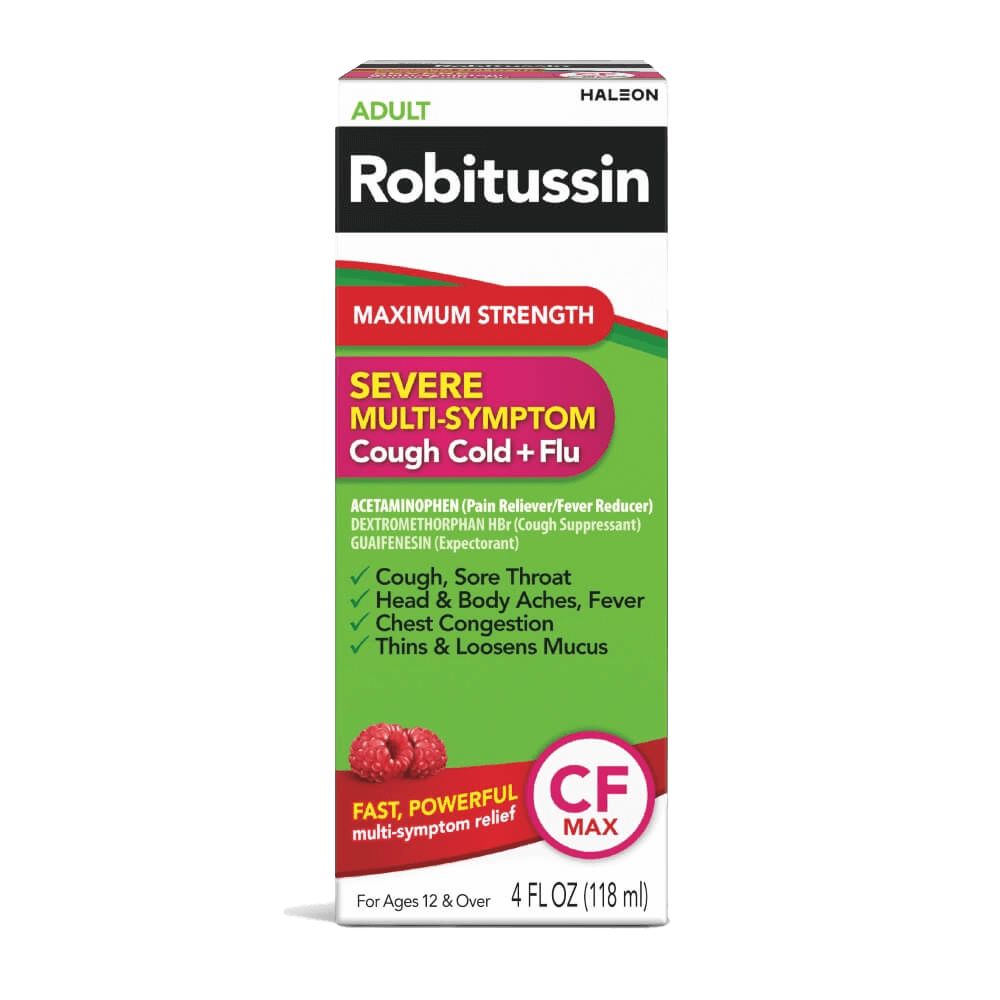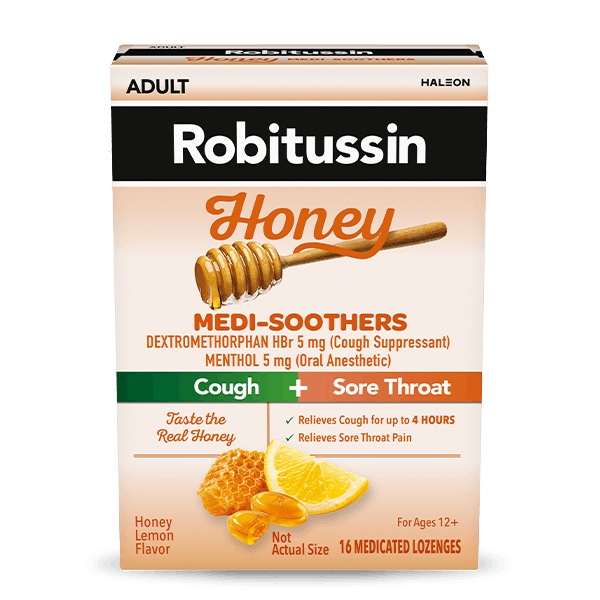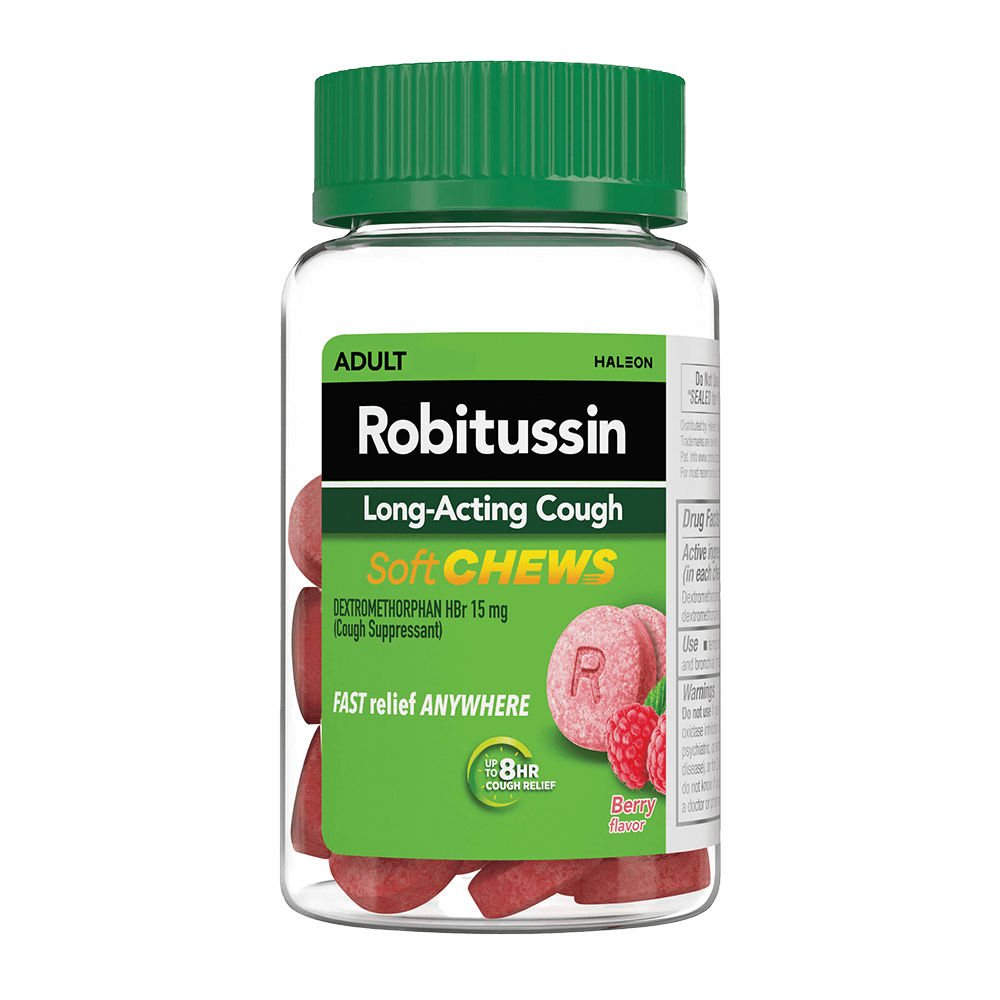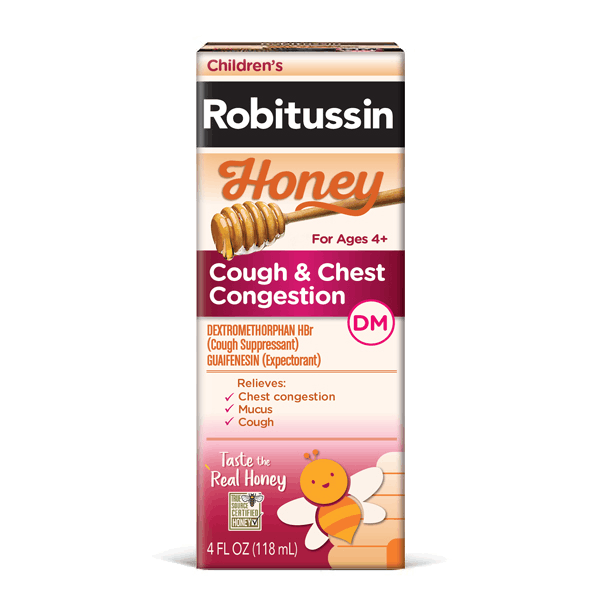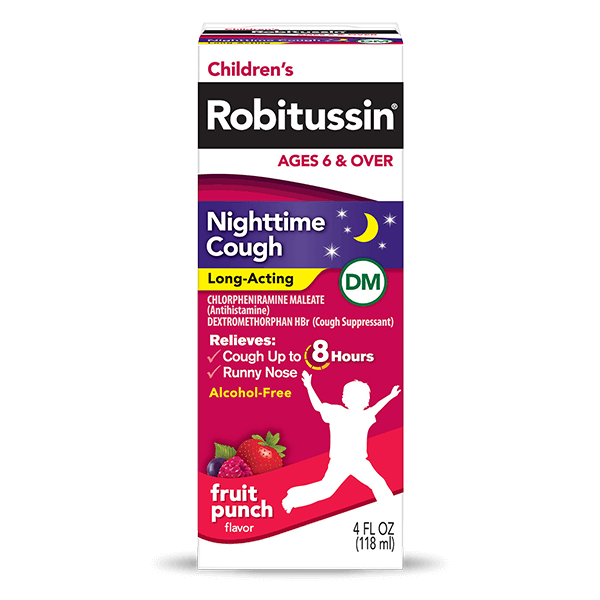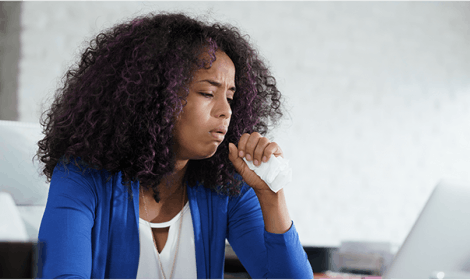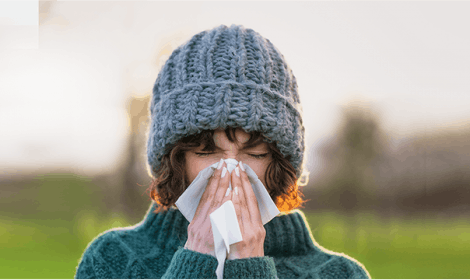Chest Congestion Causes, Symptoms & Remedies
No matter what it’s caused by, chest congestion is never fun to deal with. From post-nasal drip caused by the common cold to your airway protecting your body from airborne irritants by overproducing mucus, lots of things can trigger mucus and phlegm collection in your lungs. Mucus settling in your lungs means it’s time to look for chest congestion remedies, which include finding ways to stay hydrated and expel what doesn’t belong.

What is Chest Congestion?
Chest congestion is mucus buildup in your lungs. Most experts think that your respiratory system makes about a liter to a liter-and-a-half of mucus every day1, and when it finds its way into your lungs it creates that hard-to-breathe feeling you recognize as chest congestion.
The purpose of mucus isn’t to irritate your airway, though. The body generates mucus daily to line sensitive tissues (your mucus membranes), keep tissues moisturized, and protect the body from irritants and invaders by capturing them in its viscosity.1
Chest Congestion Symptoms
The symptoms associated with chest congestion include:2
- Difficulty breathing
- Hacking, productive cough
- Expelling mucus or phlegm yellow or green in color
When related to a cold or the flu, chest congestion tends to occur in tandem with body aches, fatigue, headache, and sore throat pain.2
What Causes Chest Congestion?
Chest congestion is caused when the body’s mucus production kicks into overdrive, which can be caused by respiratory infections like cold or flu, allergic reactions, airborne irritants, or even indulging in a spicy meal.3 This excess mucus finds its way into the lungs—or is generated there—and causes an uncomfortable fullness.
The Common Cold
We all know the feeling: A pounding headache, an alternatingly stuffy and runny nose, and sore throat pain give way to a phlegmy airway and heaviness and fullness in the chest. The common cold often includes chest congestion as a symptom.4
Other Bacterial & Viral Infections
Fighting the flu, battling bronchitis, or plodding through pneumonia can all come with chest congestion as a symptom.4
Environmental & Seasonal Allergies
Seasonal allergens like pollen and environmental allergens such as pet dander and dust mites can cause a host of respiratory reactions, including ramping up mucus production in an effort to protect your airway from irritants.4
Airborne Irritants
Allergens aren’t the only airborne culprits that can cause chest congestion. Anything you breathe into your airway that the body perceives as an invader can cause increased mucus production and lead to chest congestion.4 Cigarette and vape smoke are obvious culprits, but other airborne irritants that have been known to contribute to mucus production and chest congestion include fragrances and perfumes, smoke from cooking or grilling, and other chemicals and strong-smelling things you may find yourself around.
Chronic Obstructive Pulmonary Disease (COPD) & Other Lung Diseases
Chronic Obstructive Pulmonary Disease, or COPD, is a constellation of chronic lung conditions that make it difficult to breathe, thanks to inflammation and increased mucus production. It is typically caused by long-term exposure to airborne irritants. Other conditions that can cause chest congestion include asthma and cystic fibrosis.4
Chest Congestion Remedies
Chest congestion remedies typically focus on reducing the symptoms of chest congestion by stalling mucus production and encouraging the body to expel mucus.4 Common remedies include:1,4
- Cease smoking or vaping. Even if your chest congestion wasn’t caused by exposure to airborne irritants, smoking while you’re healing won’t help. Any kind of smoke can irritate and exacerbate your chest congestion, not just tobacco smoke.
- Stay hydrated by drinking fluids. While you’re recovering from chest congestion, avoid dehydrating fluids, such as those that contain caffeine. Focus on water and consider the soothing effects of non-caffeinated tea with added honey.
- Humidify the air you breathe. Just as the rest of your body needs to stay hydrated while you’re in mucus-producing overdrive, your sinuses need moisturizing too—which may help reduce mucus production.
- Use and/or clean in-use air filters. Keeping allergens and other airborne irritants at bay is important for combating chest congestion, so invest in an air filter and ensure that any filters built into your home’s heating and cooling system is changed or cleaned regularly.
Consider over-the-counter help. For symptom relief while your body heals, using an over-the-counter medication formulated to ease the discomfort of chest congestion might help. You’ll want to ensure the medicine you choose includes an expectorant, which will help loosen the mucus in your chest so that it comes up when you cough. Try Robitussin Maximum Strength Cough and Chest Congestion DM for an over-the-counter medicine that relieves the discomfort of chest congestion by helping to loosen mucus and thin bronchial secretions to drain the bronchial tubes.
If your chest congestion is accompanied by a fever of over 103 degrees Fahrenheit or you see evidence of blood in your mucus (or cough up only blood), it’s time to see a doctor.2 If you have been diagnosed with COPD or another chronic lung disease, chest congestion should be monitored by your pulmonary specialist.2
Source Citations:
- Mucus and Phlegm: What to Do If You Have Too Much. Cleveland Clinic. https://health.clevelandclinic.org/mucus-and-phlegm-what-to-do-if-you-have-too-much/. Accessed 8/19/21. Referenced text is indicated in source PDF.
- Recognizing and Treating Chest Cold Symptoms. Healthline. https://www.healthline.com/health/chest-cold-symptoms. Accessed 8/19/21. Referenced text is indicated in source PDF.
- What Is Mucus? MedicineNet. https://www.medicinenet.com/what_is_mucus/article.htm. Accessed 8/19/21. Referenced text is indicated in source PDF.
- Mucus in Your Chest: Why It Can Happen. WebMD. https://www.webmd.com/lung/mucus-in-chest-overview#2. Accessed 8/19/21. Referenced text is indicated in source PDF.
- **True Source Honey is ethically and transparently sourced. Click here to learn more
- ^Read more about our non-GMO standard. here
- ⚬This product contains the active ingredients Dextromethorphan.
- **This product contains the active ingredients Dextromethorphan and Guaifenesin.
- *These statements have not been evaluated by the Food and Drug Administration. This product is not intended to diagnose, treat, cure or prevent any disease.
- Use as Directed.
